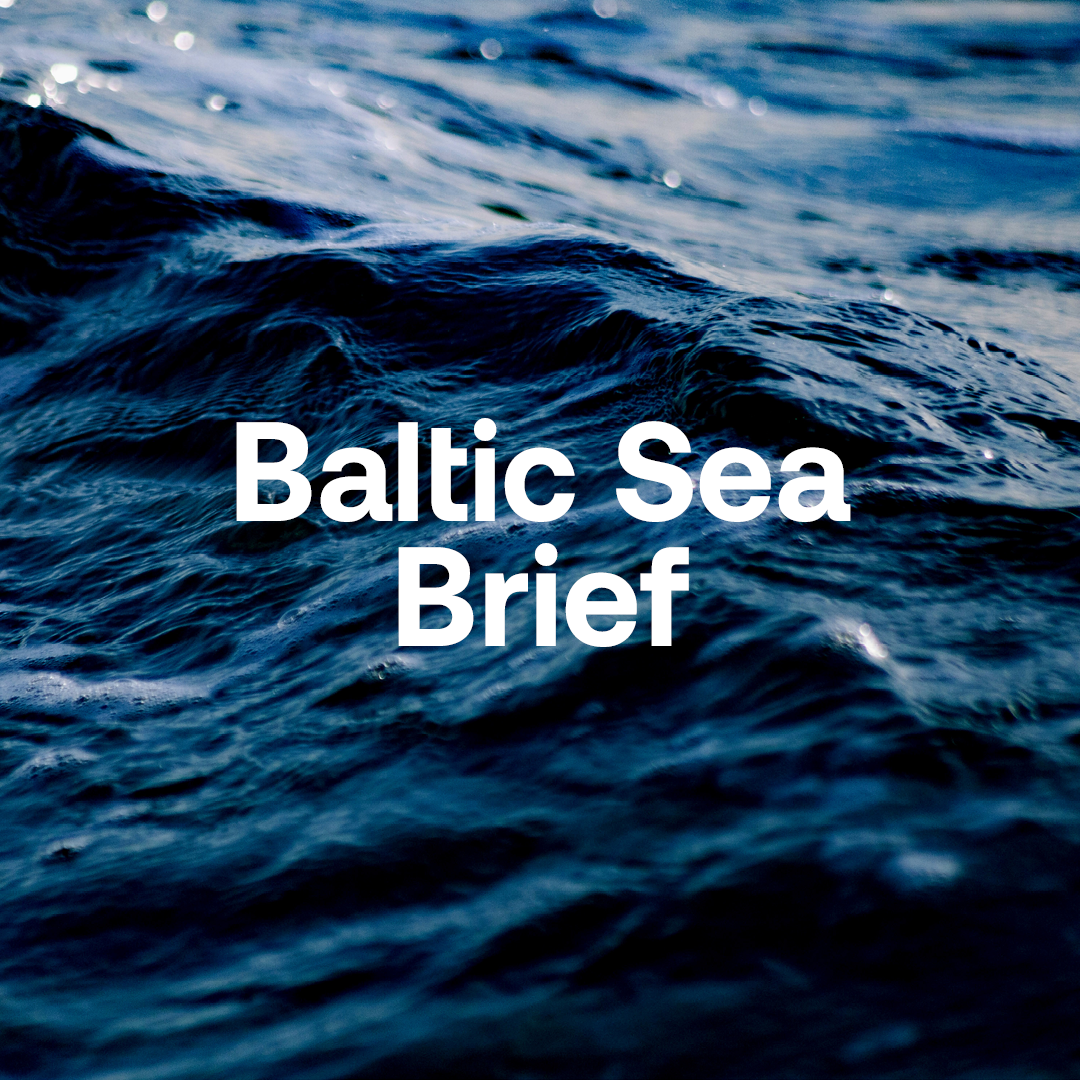Pourmokhtari and Kullgren – join forces for the Baltic Sea
For decades, policy has failed to address the problems in the Baltic Sea. Government after government has passively accepted missed environmental targets and the continued decline of our wild fish populations. It is high time to work together to change policy for the Baltic Sea.
After its formation, the new government gave hope by stating in the government statement that ‘special initiatives will also be undertaken to counter eutrophication in the Baltic Sea and to push back the boundaries for large-scale trawling’. These are important measures to improve the environment of the Baltic Sea and protect the important food fish, but nothing new has happened since then. On the contrary, the budget allocation for marine and water environment measures has been reduced and the wait for the promised measures continues.
“The Baltic Sea risks being emptied of fish. Policy must be changed immediately to protect fish, small-scale fishing and coastal communities Sweden must quickly take measures to save the fish in the Baltic Sea“, wrote Moderate party leader Ulf Kristersson and Member of Parliament Jessica Rosencrantz on SvD Debatt last summer. These promises have given hope to researchers, coastal fishermen and environmental organisations that the new government will take the necessary action for the Baltic Sea.
The research is clear about what needs to be done, but action has long been hampered by conflicting objectives and the fact that the issues have historically been split between the Ministry of Finance and the Ministry of the Environment. The new government has reorganised and merged the ministries – but the Baltic Sea is still in the same predicament. The minister responsible for fisheries – Rural Affairs Minister Peter Kullgren – now belongs to the Ministry of Rural Affairs and Infrastructure, while Climate and Environment Minister Romina Pourmokhtari sits in the newly formed Ministry of Climate and Enterprise.
The environment and fisheries cannot continue to be pursued as two separate issues, and political will and a plan for effective cooperation are now needed to enable the new government to move the Baltic Sea environmental issues forward.


Photos: Ninni Andersson/ Government Offices
Improved co-operation
An opinion article in Aktuell Hållbarhet proposes an agenda for cooperation, in which we emphasise that:
- the government should promote an urgent reform of scientific advice and the EU fisheries policy,
- The Minister for Rural Affairs and Infrastructure must be assisted in prioritising the environment and ecology when taking fisheries policy measures,
- the government should urgently decide to move the trawl limit along the entire east coast instead of allowing industrial fishing to fish cleanly along our coasts,
- Ministers must ensure that agreed environmental targets are met by allocating the necessary resources,
- the government should prioritise the Baltic Sea dialogue with our neighbouring countries, and that
- Sweden should use its EU presidency to take the initiative for important reforms of both fisheries and environmental work in the region.
Urgent action needed
Today, environmental targets are not being met and fish populations are in crisis. Urgent action is needed at both EU and national level to save fish stocks and the gentle fishing that takes place in connection with unique archipelago environments. This involves moving the trawl limit, lowering quotas and ensuring that management begins to take into account the age and size composition of fish stocks instead of just their total weight.
The new government has every opportunity – and obligation – to prioritise the Baltic Sea. Pourmokhtari and Kullgren should start working closely together to implement measures that promote the Baltic Sea environment and ecosystem, that promote sustainable fishing of the Baltic Sea’s wild food fish. The Prime Minister should make sure that this cooperation takes place – otherwise his previous promises can never be realised.
Read our previous briefings here.


